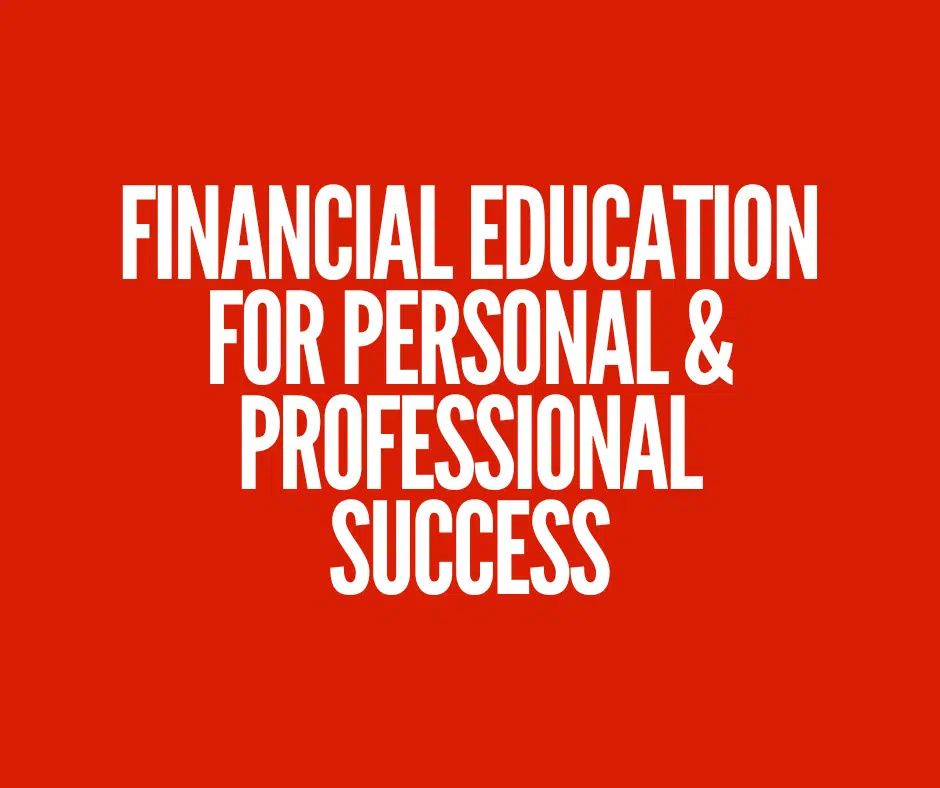Financial education holds a pivotal role in our lives, transcending age, income, and financial status. Its impact resonates universally, guiding us towards prudent decisions and shielding us from costly pitfalls. The profound benefits of financial education are instrumental in fostering both personal and professional success. Here’s a concise exploration of its critical advantages:
Informed Decision-Making: Armed with comprehensive financial knowledge, individuals can embark on well-informed decision-making journeys. By evaluating their current financial status, setting realistic goals, and crafting strategic plans, they empower themselves to make astute choices. This understanding prevents impulsive decisions that could jeopardize their financial stability.
Debt Prevention and Management: Financial education acts as a robust shield against debt accumulation and financial turmoil. Equipped with insights into prudent money management, individuals can sidestep needless loans and extravagant spending. The establishment of budgets and effective debt reduction plans enhances their creditworthiness, facilitating future financial endeavors.
Future Planning and Savings: Skillful expense management paves the way for effective savings and future planning. Proficiency in investment strategies allows individuals to amass emergency funds and earmark resources for long-term objectives like retirement and education. A grasp of diverse investment avenues empowers them to select options aligned with their financial aspirations.
Elevated Quality of Life: A central tenet of financial education is enhancing one’s quality of life. Shielded from the burdens of undue debt, individuals experience reduced stress and increased overall well-being. Financial education imparts the skills to manage income, mitigate debt, and cultivate savings, laying the foundation for a more comfortable and fulfilling life.
Negotiation and Optimal Deals: Financial acumen fosters the art of negotiation and securing advantageous deals. A nuanced understanding of financial products equips individuals to scrutinize options, be it loans or credit cards, and select the most fitting ones. Armed with this knowledge, they can advocate for lower rates, amplifying their financial gains.
Fostering Independence: Financial education nurtures a sense of self-reliance. Empowered by the ability to manage their finances, individuals emancipate themselves from undue reliance on others for critical financial decisions. This independence cultivates efficient decision-making and safeguards against potential exploitation.
Preparedness for the Unforeseen: Mastery over money management equips individuals to confront unexpected challenges head-on. The prudence of creating an emergency fund and adeptly navigating financial crises, be it job loss or medical exigencies, fortifies their resilience and helps them surmount adversities with greater ease.
The imperative role of financial education is undeniable. It transcends realms, equipping individuals with the tools to sculpt a secure and prosperous future. Informed decisions, debt management, future planning, improved quality of life, negotiation prowess, independence, and preparedness for contingencies collectively underscore the transformative potential of financial education on the path to personal and professional triumph.



